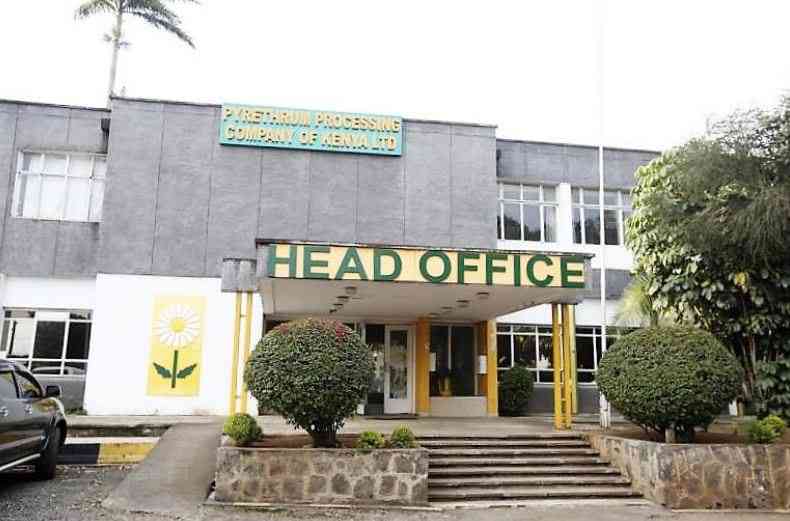×
The Standard e-Paper
Join Thousands Daily

The government has launched a renewed effort to revive the Pyrethrum sector amid the financial struggles faced by the Pyrethrum Processing Company of Kenya (PPCK).
This initiative comes just months after Agriculture Principal Secretary Paul Ronoh visited the company's head office in Nakuru and observed its poor condition, including rusted and idle machinery.